Benjamim Iborra Wicksteed is the co-founder of MESURA, the interior design firm responsible for the creation of Can Llimona, winner of the IDA 2017 Interior Design of the Year award.
How did you get into architecture and design?
I was born and raised in Barcelona. Since I can remember, I always dreamed of being an architect. Today I don´t feel so much like an architect, but more of a designer, since at our company, MESURA, we work in many (and with many) different disciplines linked to design.
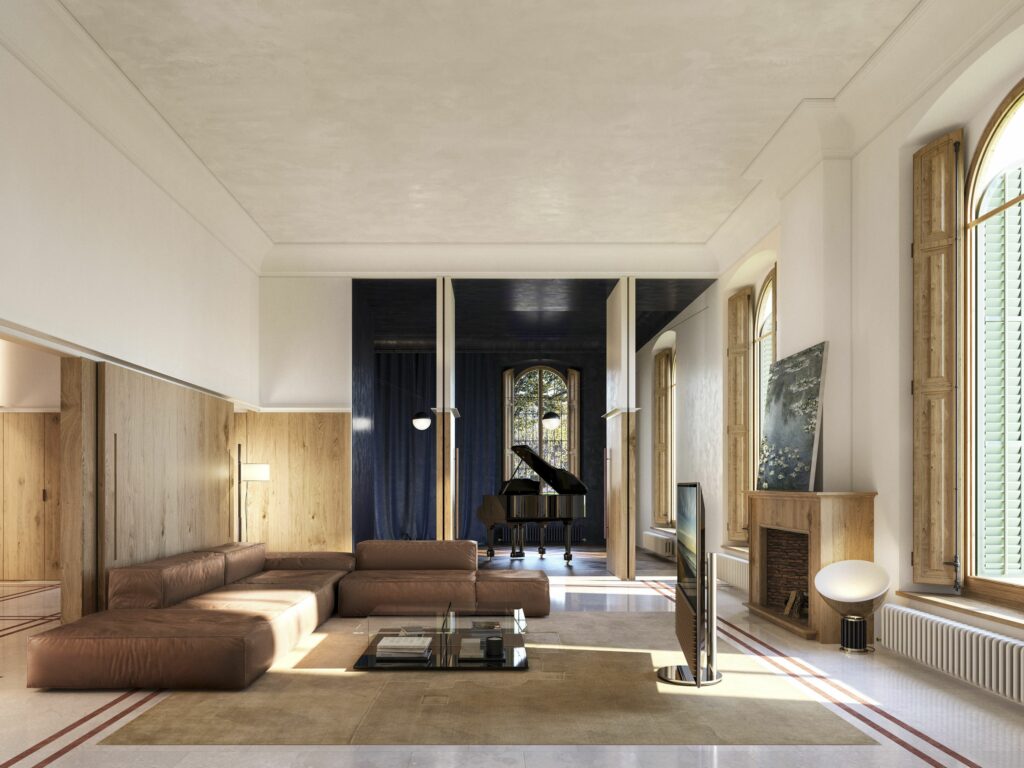
Photo credit: MESURA
In a description of you, I found that you are moved by passion and you try to combine architecture/cinema/music to create your projects. How does that usually work for you, and how did it appear in your winning project, Can Llimona?
Creating something that wasn’t there before (thus contributing something to the world) is what makes me get up every day. As an architect and interior designer, I search for ways to better the lives of people in their spaces, and with cinema, I try to impact unfair situations in society such as gender violence. Music is just for my own enjoyment.
What was MESURA’s main motivation to take on this project, Can Llimona, and what were the biggest challenges?
Our main motivation was to understand and respect the architecture that we found in the amazing palace. The project observes and studies the existing house with deep respect, understanding its three great formal singularities: the cottage house (with its large swastika walls); the modernist house (with its high ceilings and its large transverse spaces); and the intervention carried out in 1992 (which opens more common spaces and links them with a base of 2.20m).
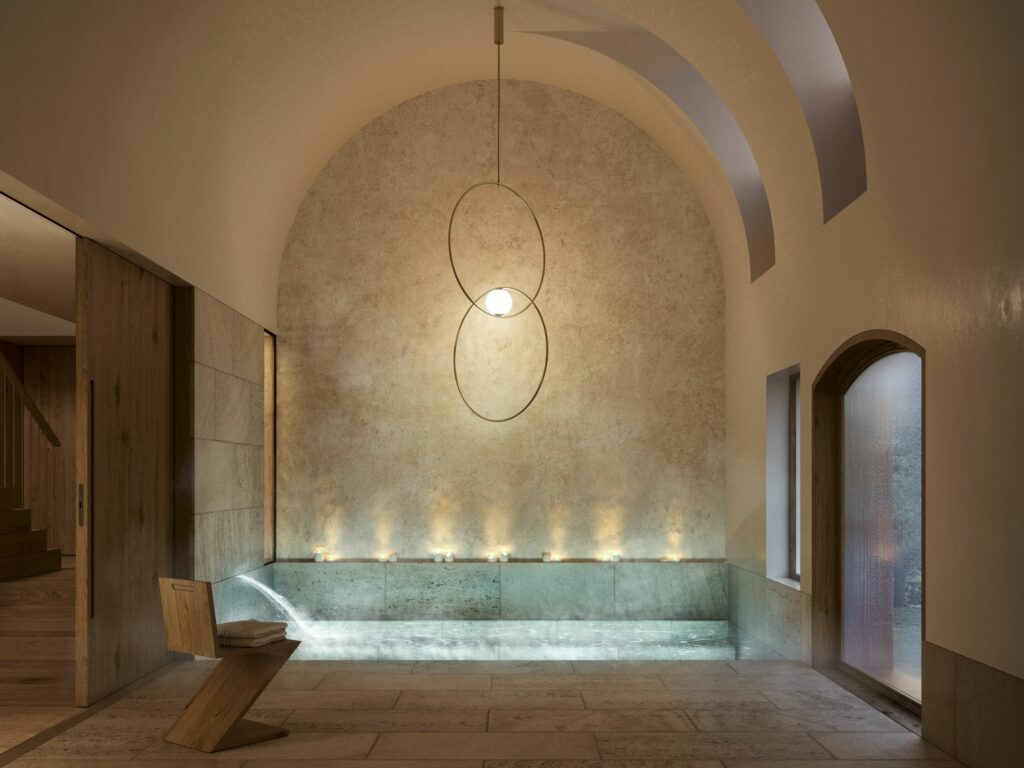
Photo credit: MESURA
You worked with 4 other partners on this project, Carlos, Jordi, Marcos and Jaime. How did you cooperate on this project and what do you think is the key to efficient teamwork when it comes to such a delicate assignment?
We have always worked with the value of “dialogue”. Each partner has its own responsibility in the office, but all the projects are done together. Every week we hold meetings with the partners and the entire team to share all the projects that are done.
Where do you get inspiration and ideas from, and what motivates you the most?
I try to find different inspirations for each project. I don’t have a system for it. Creativity (and its method) is tailor-made for each creative process and its unique situation. Of course, all processes have something in common: they need a lot of time!
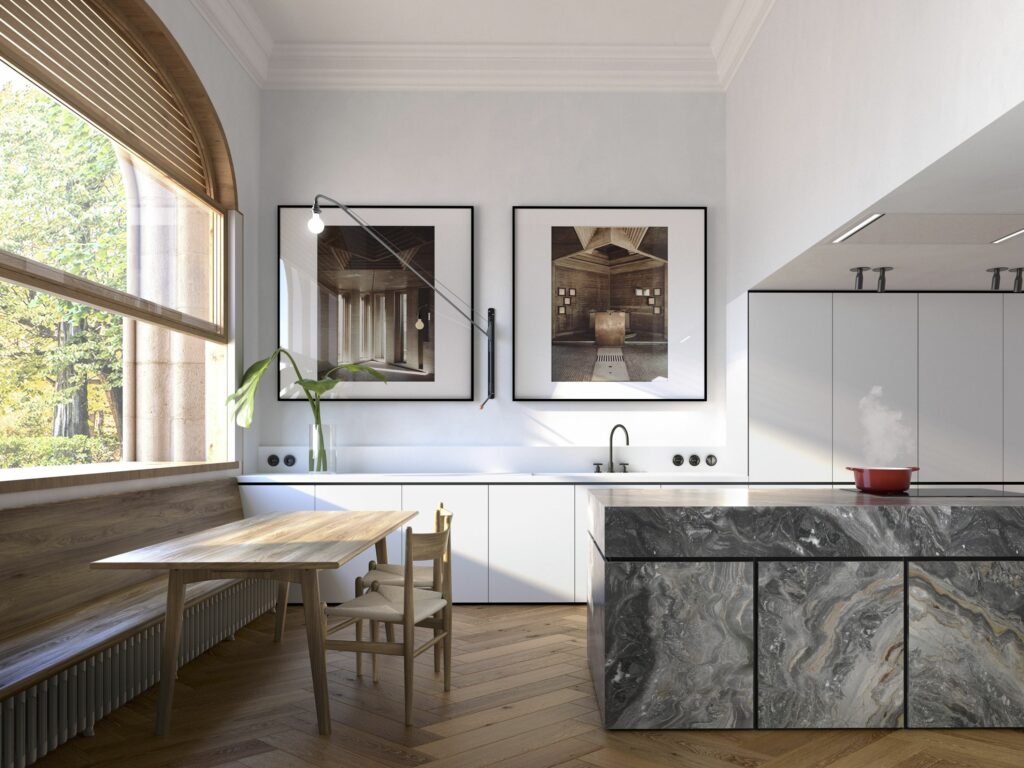
Photo credit: MESURA
How would you characterize your winning project? What is the main idea behind it and why do you think it deserved the recognition of winning this award?
The modern intervention (back to the modernist and rural origins of the imposing estate) accommodates the new needs of the tenant through permeable longitudinal furniture that opens for the first time the transversality of the spaces. I think that its main virtue is to respect the palace architecture and not want to “fight” against it, but play by its rules.
What does this recognition mean to you and why do you think these awards are important?
For us, it’s an amazing honour to receive the IDA 2017 Interior Design of the Year award. We also feel very happy to think that our design has had an enormous impact. Probably this is why we won the award.
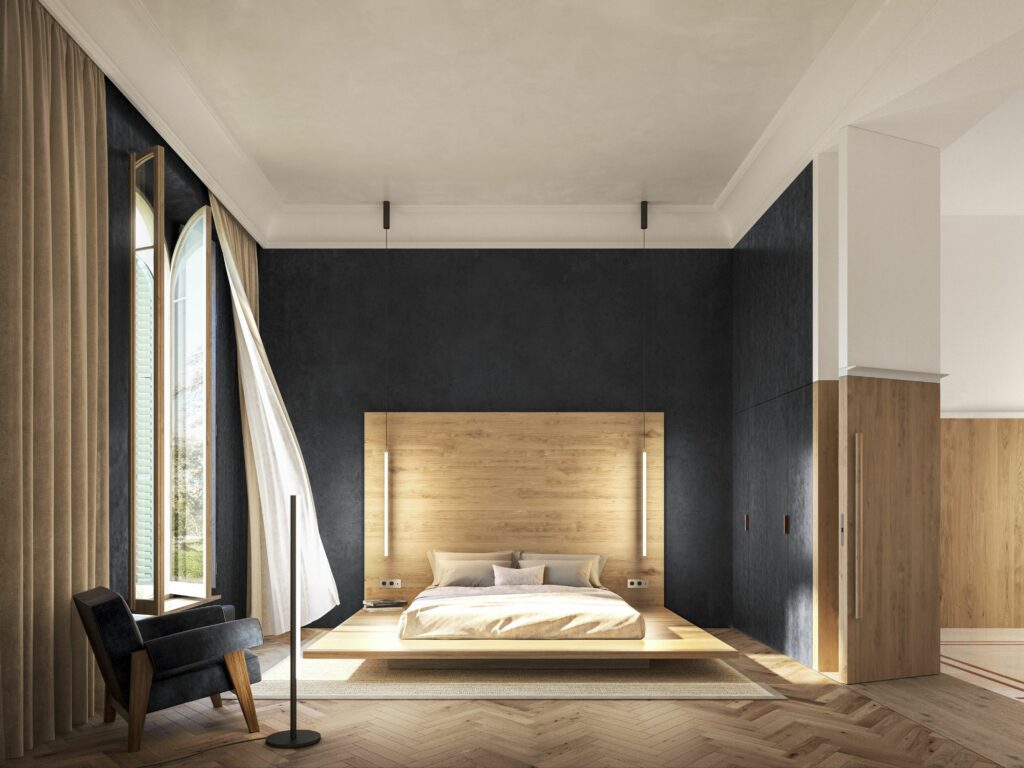
Photo credit: MESURA
What are you working on now? What is in the pipeline for you and MESURA?
MESURA is an international interdisciplinary studio. Right now, we are working on the “guidelines for the world interior design” for Roche, a private villa in Malabo, a residential tower in Barcelona, and a new mall in Madrid for Unibail-Rodamco-Westfield.
What is your dream at MESURA?
For MESURA, our dream is to have an impact on modern society and improve people’s lives. We feel that times are changing, especially in architecture, and we want to be part of it!
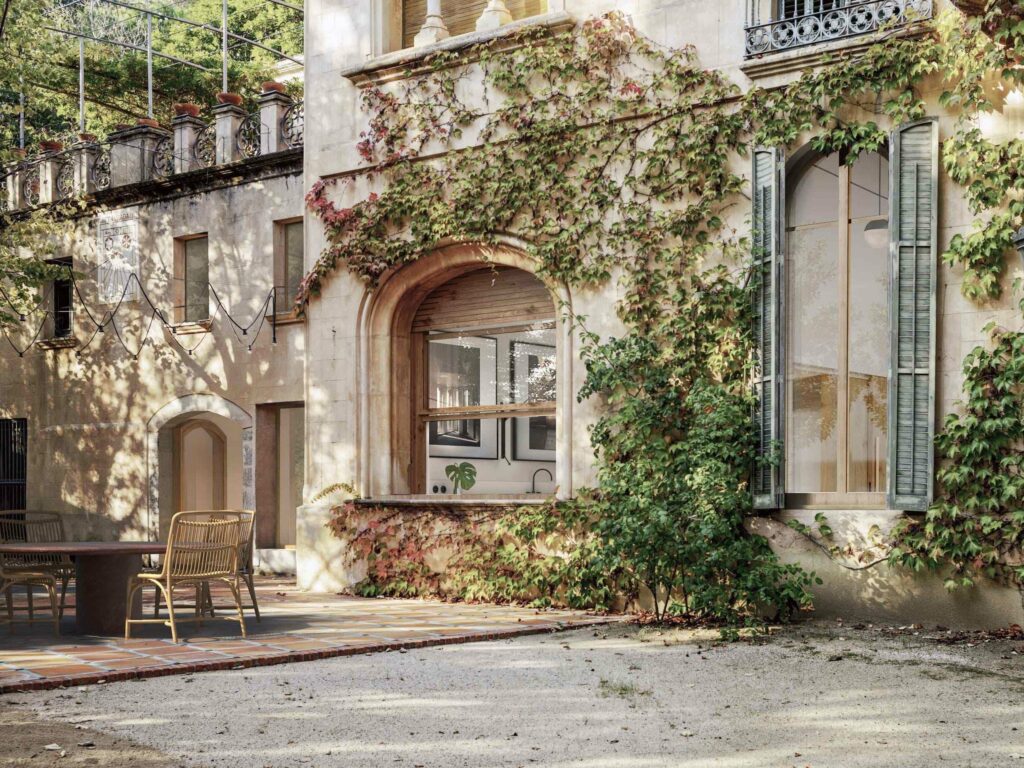
Photo credit: MESURA








